The reality of international travel is that you need access to foreign currency. Food, transport, tours, souvenirs, it all takes money. These days there are many options for taking foreign money with you – cash, credit cards, debit cards, travel money cards, even good old travellers cheques. We look at the pros and cons of each option, to help you make an informed decision.
There are a lot of things worth considering when making this kind of decision. Are you good at budgeting or do you tend to overspend? Do you want your trip to be paid off entirely, or are you happy to be paying off your trip after you return? Are you going somewhere that is a common tourist destination or travelling off the beaten track? How secure are the places that you’re going? What are the current economic conditions and are exchange rates good or bad?
If you’re a habitual over-spender and don’t want to be paying off your adventure after your return, you’ll want to stay away from the credit card. Whereas, if you only go away rarely and want your trip to be epic, you may want to look into options that will let you pay it off over time.
Doing a little research into the places you’re going, particularly if you’re headed somewhere remote, can help you weigh the options. If you’re headed to a remote area you need to establish how they prefer to transact. Is there ready access to ATMs? Can you pay by card? Will they deal in multiple currencies (such as US dollars, as well as their own local currency)? Knowing the answers to these questions will help make the decision for you. Finding out if cash tips are required is also valuable research, as you could find yourself searching for an ATM while your belongings are being held hostage, to get cash to tip a safari guide.
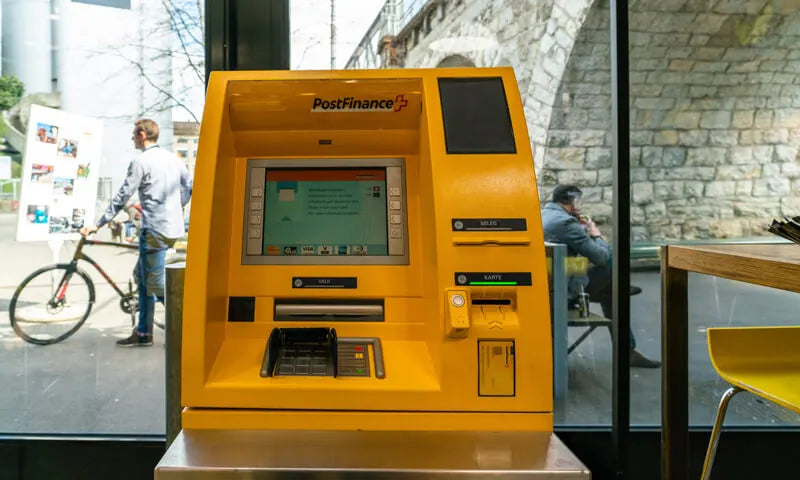
Exchange rates are an interesting one to keep an eye on. If times are booming there’s less risk in terms of interest rates than if you can see that the economy is headed down. The problem with exchange rates is that even when times are going well, a sudden event can turn things around. If you started planning an overseas trip in June 2008 before the GFC hit, exchange rates were sitting around 97 US cents per AU dollar. Within a few months, that exchange rate had dropped to 62 cents. There are people who will hold out, always hoping that the rate will increase, but it’s often worth locking some currency away, such as on a prepaid travel card or cash exchange, so that you’re not stuck if rates get worse.
Comparisons
Now that you’ve started thinking about what your needs may be, check out our list of pros and cons and see what will be right for you.
Credit cards
Most people these days have a credit card or look to get one for going overseas. They can be handy when travelling, but there are things you need to consider if you want to use a credit card for foreign currency. Check what the fees and exchange rates are for your current cards and any potential cards. There are now more cards on the market that will waive foreign currency fees. With credit cards, it always pays to be aware of how long you have to pay off the balance, and what the costs will be to pay it off over time.
Pros:
Favourable exchange rates – many banks will provide better exchange rates on their credit cards than you can get through other forms of currency exchange. This can be a pro if rates are fairly stable but can cost you in the long run if there’s a drop in the exchange rate between planning your trip and taking the trip
More funds available – to entice you to spend, credit card companies generally offer high limits. This means that should you need more than you’d budgeted, it’s easily available. It also allows for pre-authorisations that accommodation and rental companies hold while you are in a contract with them. These amounts are only charged if something extra occurs, so putting it on a credit card frees up your money for items you are actually spending money on
Acceptance – credit cards are accepted at most places, although it pays to have a bit of cash on hand as well. If you’re headed somewhere remote, look into how readily accepted it will be before deciding to go with a credit card only
Bonuses – premium credit cards often offer rewards points or bonuses for travellers, such as travel insurance or concierge services. If you’re looking to use these features, or add them for the sake of travel, we suggest you check what they cover (and don’t cover) and at what cost
Cons:
Higher amount risked if lost or stolen card – credit cards, particularly with tap and go enabled, are a risk if lost or stolen. While banks are getting better at dealing with stolen funds, there’s often a lot of stress and running around dealing with fraudulent transactions while you try to get your money back
Currency conversion fees – most cards will charge between 2 and 4% when using a credit card for a foreign currency. If you’re looking for a credit card specifically for travel, research which cards have low or no currency conversion fees
ATM fees – accessing cash from your credit card can often hit you with large fees, often around 3%, plus a currency conversion fee and a higher interest rate for cash advances
Debit cards
Debit cards are great for budgeting day-to-day, as you can’t overspend the money in your account. They’re widely accepted, but may not be ideal if you’re looking to live it up on the trip of a lifetime and pay it off over time. They’re accepted almost as readily as credit cards, but may not be feasible for pre-authorisations.
Pros:
Cheaper ATM fees – generally debit cards have cheaper ATM fees than credit cards. This may depend on your bank and their international network, or if you meet their criteria for waiving third-party charges (such as a minimum deposit and transactions per month)
Exchange rates – as with credit cards, many banks now provide close to market rates for foreign exchange. This is helpful in stable conditions, but costly if there’s a dip in the market
Limited spending – you can’t get yourself into too much financial trouble if you’re limiting all spending to money you already have in the bank through a debit card. This makes it easier to budget for your trip
Cons:
Transaction fees – as per with credit cards there may be ATM fees and currency conversion fees per transaction. Cash advance rates won’t apply to debit cards
May not be accepted as pre-authorisation – rental companies and accommodation may not accept a debit card as pre-authorisation, or they may tie up a significant amount of your funds during the course of your stay, in case of additional costs or damage to their property
Limited spending – while this is a pro, it is also a con: should an emergency situation occur and you need access to money quickly, a debit card can’t be used to access more funds than you have available
Travel money cards
A lot of banks and currency exchange places now offer prepaid travel money cards. They’re widely accepted and you can preload them with specific currencies. They are ideal for saving on currency conversion fees that you get with many credit cards, and you can use them to budget your spending by only putting a set amount onto the card.
Pros:
Widely accepted – can be used at most places that accept credit card or debit card
Fee savings – no currency conversion fees, meaning you save around 2 to 4% on each transaction compared to a credit card with currency conversion fees
ATM access – can be used to withdraw cash at ATMs
Exchange rate locked – you pay the exchange rate at the time of loading the card, so that if the dollar drops between planning your trip and going on your trip, you know what rate has been paid
Backup card – often comes with (or can come with for a small fee) a secondary card, allowing you to share cards between your family or use the backup card if the original card is lost or damaged
Reloading – Many allow internet banking reloads to your card so that if you’re running low you can add more funds
Limited amount risked if stolen – should the card be stolen, there’s only a limited amount of money on the card which could be taken before you cancel the card. Were this to happen to a credit card there may be higher amounts at risk as some banks allow you to go over your set limits
Cons:
Cross-currency fee – fees may apply for using currencies other than ones loaded, or if you run out of one currency, e.g. if you’ve loaded your card with Euros and US dollars then find that you’re running low of Euros, you can use some of your US dollars as Euros, but at a high price
Not accepted everywhere – you generally will need some cash when travelling, whether for small value items or in markets or smaller locations
May not be able to be used as pre-authorisation – when hiring a car or checking in to accommodation, you’ll usually have to provide pre-authorisation in case of extra costs. Some companies won’t accept a prepaid travel card as pre-authorisation as there is limited liability. Those that do may lock away a certain amount, say $200, which you can’t access until they cancel the hold on your funds
ATM fees – in many instances, if you need to withdraw cash from the card, there will be an ATM or bank fee
Exchange rate locked – if the exchange rate improves between purchase and use, spending on the card is costing you more than you would get for an on the spot rate via credit card
Reload delay – there can be a delay of up to 3 days when adding extra money to the card, which could leave you in trouble if you’re needing funds in a hurry
Inactivity – while the government has recently changed the way that banks and card providers deal with funds left inactive on these cards, meaning that you won’t lose the money left on the card, if you don’t cash out the card you risk fees for inactivity or a bit of jumping through hoops to retrieve money left on the card for long periods
It’s worth checking what fees will be applicable for any travel money card you purchase. Some cards waive all fees, but to be sure, these are the things to check for:
- Initial card purchase fee
- Supplementary card fee
- Replacement card fee
- Loading fee
- Reload fee (after the initial load)
- Cross-currency fees
- ATM and other transaction fees
- Inactivity fee
- Closure fee
If you’ve chosen a card and understood the fees involved, they are a useful way to deal with foreign currency, particularly when you’re needing multiple currencies.
Cash
There are places around the world where ATM access and credit card facilities are limited. Researching the areas you’re going to before travelling is a great way to ascertain whether you’ll have easy access to digital currency, or if you’re headed somewhere that you’ll need the majority of your money in cash.
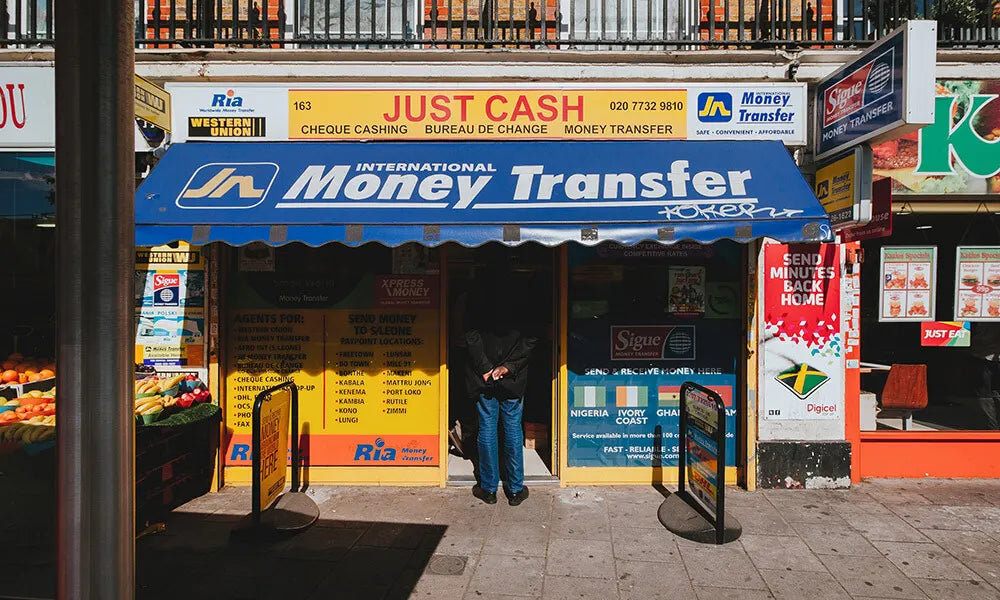 Pros:
Pros:
Budgeting – having a set amount of cash limits what you can spend, so this is a way to stop yourself from splurging and coming home to large amounts of credit card debt
Exchange rate locked in – exchanging your money for cash, either before you leave or while you’re away, locks you in to the exchange rate on that day
Widely accepted – most places will accept cash, and some situations will require cash, like tipping or travelling within small countries. Having US dollars is often accepted, even in remote countries in Africa. It is worth researching your best options for cash in your destination before travelling
Cons:
No security – if your cash is lost or stolen it can’t be locked or cancelled. You may be able to claim it back on your travel insurance later, but that takes time and there is no guarantee that the situation you faced will be covered
Exchange rate – the exchange rate you’ll get for trading cash is often quite bad compared to market rates or credit card rates. Comparing rates is a good idea before committing to an exchange
Maximum amount – while having a limited amount of cash can be good for budgeting, you can get caught short if unexpected expenses pop up
Pre-authorisation may not be possible – where pre-authorisation is required for accommodation or rentals, you may not be able to do so is cash
Convert back – after your trip if you’ve got cash left over, you’ll want to convert the majority of it back to Australian dollars, which can sting you with the exchange rate again
Travellers cheques
Travellers cheques were very popular in the past, as they are a fairly secure way to transport money. So long as you sign the cheque when it is issued, it can’t be cashed out unless the person can do your signature, and provide sufficient ID. However, with the increase of ATMs and the popularity of credit cards, the number of places accepting travellers cheques are declining.
Pros:
Secure option – requires signature and ID to receive cash, can be stopped and reissued if they are stolen or lost
Cheap options – generally 1 to 2% of the amount
Exchange rate locked – the exchange rate is paid at the time of purchase so the amount you’re paying doesn’t change
Cons:
Limited use – so few places accept travellers cheques now that you need to cash them first, meaning you need to find somewhere to cash them, and then you’re still carrying around cash
Exchange rate locked – if the exchange rate improves between purchase and use, things are costing you more than an on the spot rate
In general, travellers cheques could be a good option for a backup, particularly if you’re going somewhere with limits access to ATMs, or you’re worried about theft.
Ideally, when travelling, you should have a few options for foreign currency. If you’re worried about overspending, a method that limits your spending, like a debit card, prepaid travel card or cash will help. If you’ve got access to a credit card, they can be useful to keep tucked away with your passport, and only use for pre-authorisations or emergencies. If you decide that it’s an emergency that you can’t afford another Mojito or tiki souvenir, just remember that you’ll have to pay it off once you get home.
Find the option that works best for you, considering the type of spender you are and the places that you’re going. Then have a backup in case something unexpected happens. You want to have a great time while you’re away, but being aware of the costs involved can help avoid a holiday hangover, as you try to cover the costs you incurred while travelling.
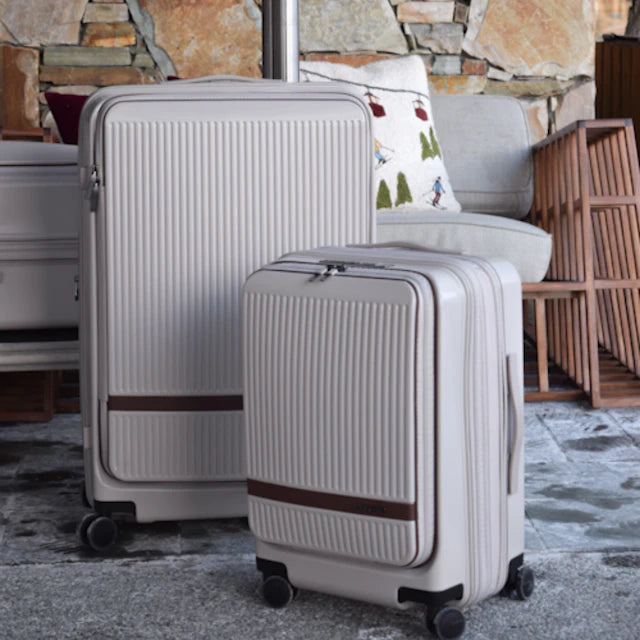
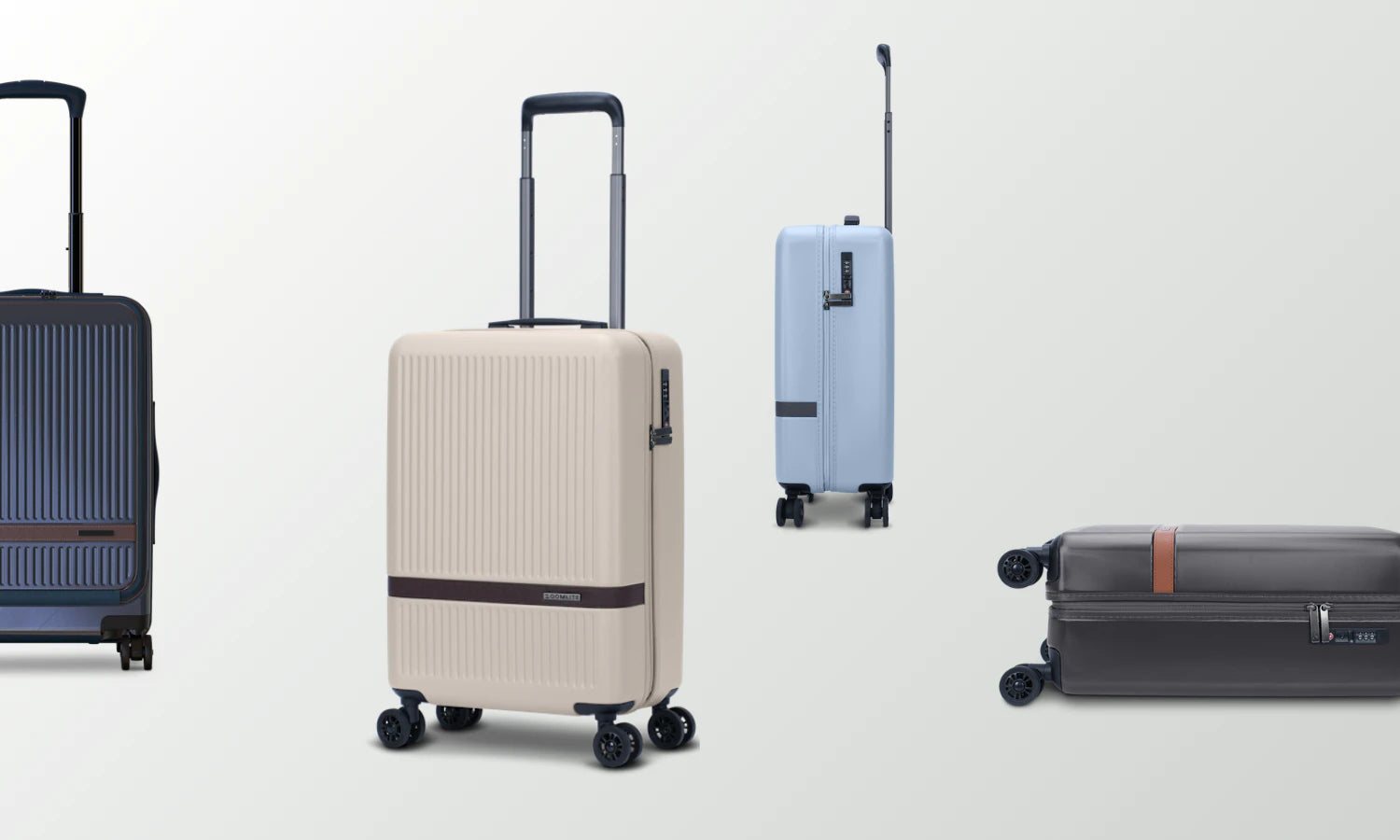
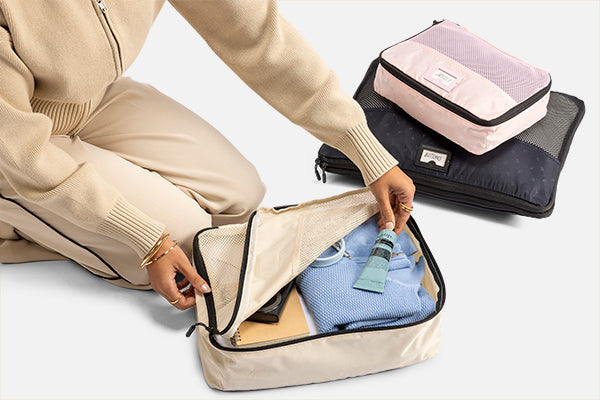
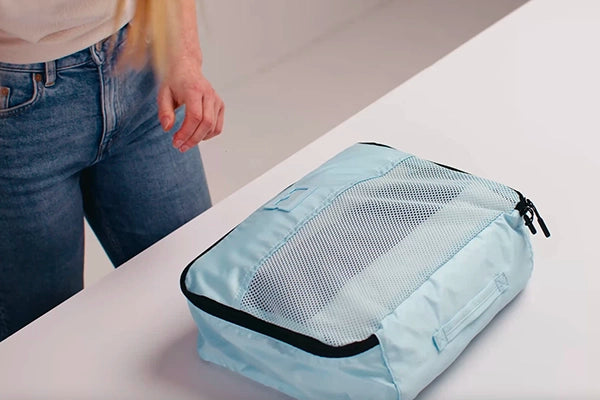
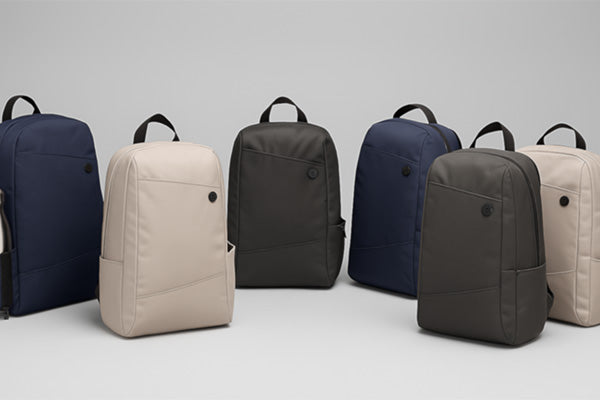
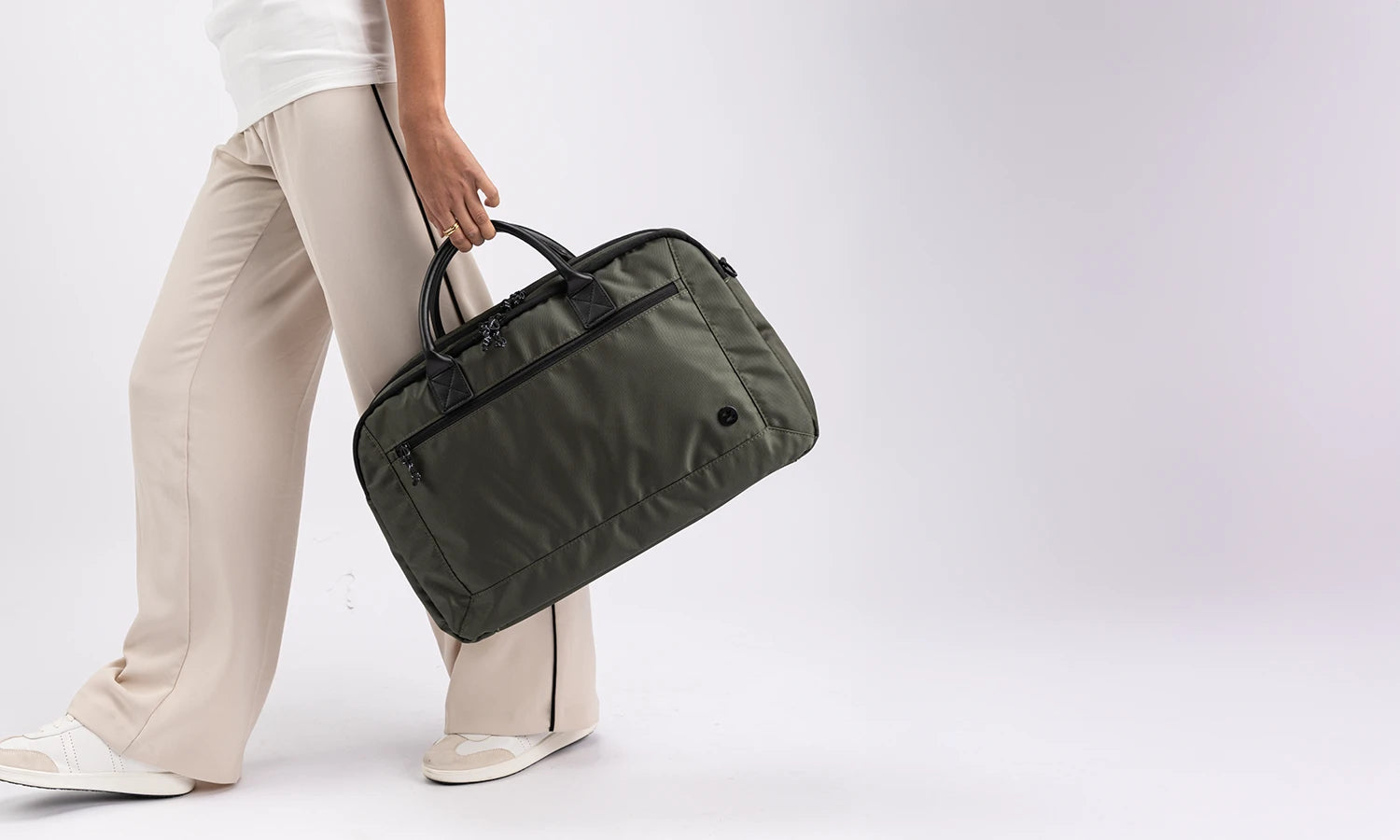
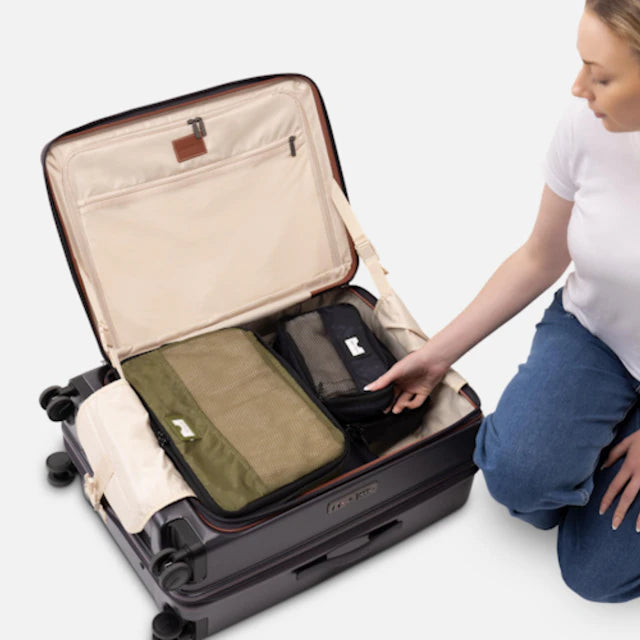


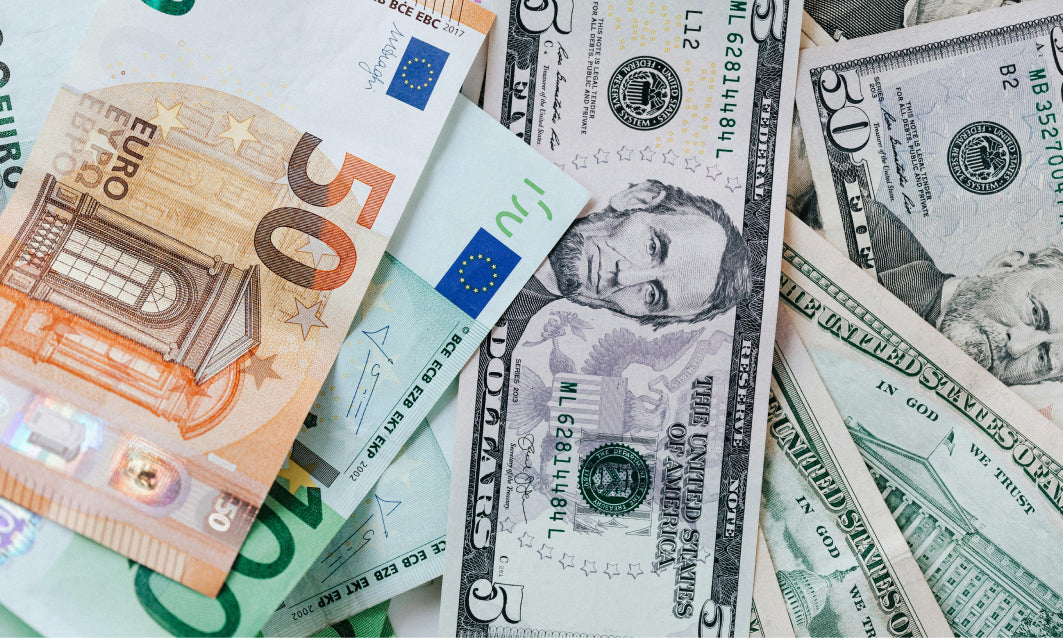




Good advice all through. However, I purchased foreign currency at my local Post Office. Most convenient and readily available, having most currencies, Suggest to check out.
Thank you very interesting and informative article
We find a combination of cash and credit card works best
Leave a comment